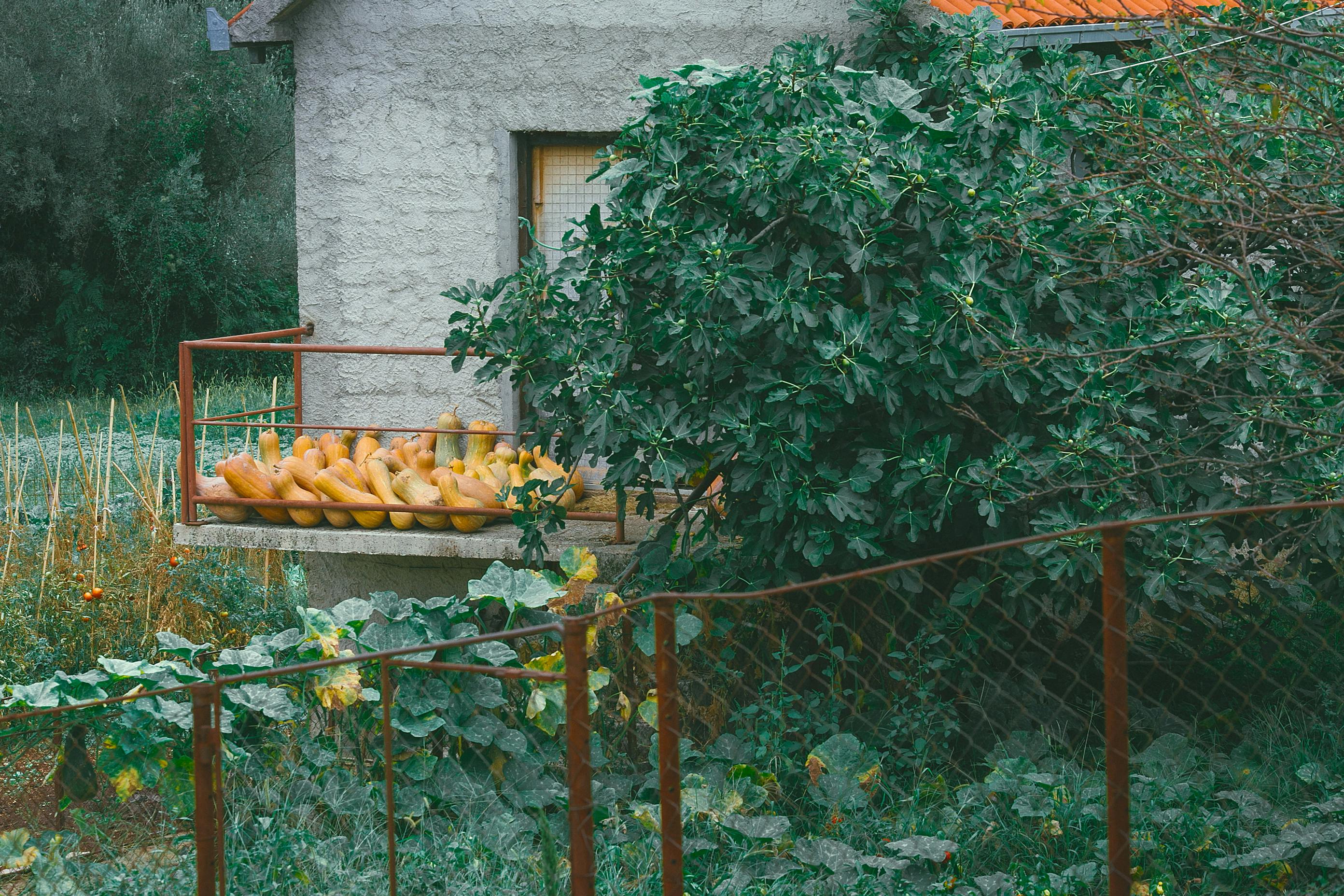Organic gardening is a great way to grow healthy and delicious fruits, vegetables, and other plants naturally. With organic gardening, you can be sure that the produce you harvest is free of chemicals and other unnatural additives. Creating an organic garden doesn’t have to be difficult. With a few simple steps, you can get started on your very own organic garden today. Here’s how to build an organic garden.Preparing the soil for an organic garden is essential for successful gardening. To ensure the health of your plants and a productive garden, it is important to prepare the soil correctly. The best way to prepare organic soil is by adding organic matter such as compost, aged manure, leaf mold or peat moss. This will help improve drainage and aeration, while also providing beneficial nutrients such as nitrogen, phosphorus and potassium. It is also important to check the pH of your soil to ensure it is within the ideal range (6.0-7.0) for most vegetables. If needed you can adjust the pH by
Choosing and Planting Seeds for an Organic Garden
Organic gardening is a growing trend. By choosing organic seeds to plant in your garden, you can ensure that your produce will be free of any harmful chemicals or additives. When selecting organic seeds, it is important to consider the variety of plants you are looking for and the climate conditions that will be present in your area. You should also consider the amount of space you have available for planting, as well as any additional requirements such as fertilizer or soil amendments. Once you have chosen the right type of seeds for your garden,
Creating Compost for an Organic Garden
Composting is an essential part of organic gardening. It helps to reduce waste, improve soil fertility, and increase the amount of organic matter in the garden. It also helps to reduce the amount of water needed to keep plants healthy. Composting is a simple process that requires only a few basic materials and some knowledge about how to make it.
The first step in making compost is to collect organic matter such as leaves, grass clippings, vegetable scraps, and other plant-based materials. These materials should be
Managing Weeds in an Organic Garden
Weeds can be a major problem in an organic garden, but there are ways to handle them without resorting to chemical herbicides. The key to successful weed management in an organic garden is to prevent weeds from taking a foothold. Mulching, cultivating, and hand weeding are all effective methods of keeping weeds at bay.
Mulch is one of the best ways to keep weeds from becoming established. A generous layer of mulch around plants helps block sunlight and prevent weed seeds from germinating. Organic mul
https://images.pexels.com/photos/4946629/pexels-photo-4946629.jpeg
Caring for Plants in an Organic Garden
Organic gardening is an important part of sustainable gardening practices. Organic gardening practices focus on the use of natural, non-chemical inputs to enhance soil fertility and encourage healthy plant growth. Organic gardeners strive to create a balance between the needs of plants and their environment, while also protecting the environment from harmful chemicals. The following tips can help you care for your plants in an organic garden.
The first step to caring for your plants in an organic garden is to ensure that you are

Watering an Organic Garden
Watering an organic garden is essential for healthy plant growth. Without adequate water, plants will suffer from nutrient deficiencies, dry out and eventually die. Organic gardeners must pay careful attention to the amount of water their plants receive and be sure to use only organic-approved materials when watering. The best way to provide plants with the necessary water is through a watering system that takes into account the unique needs of each plant species.
When planting, it is important to consider soil type and climate when deciding how often and how much to water
